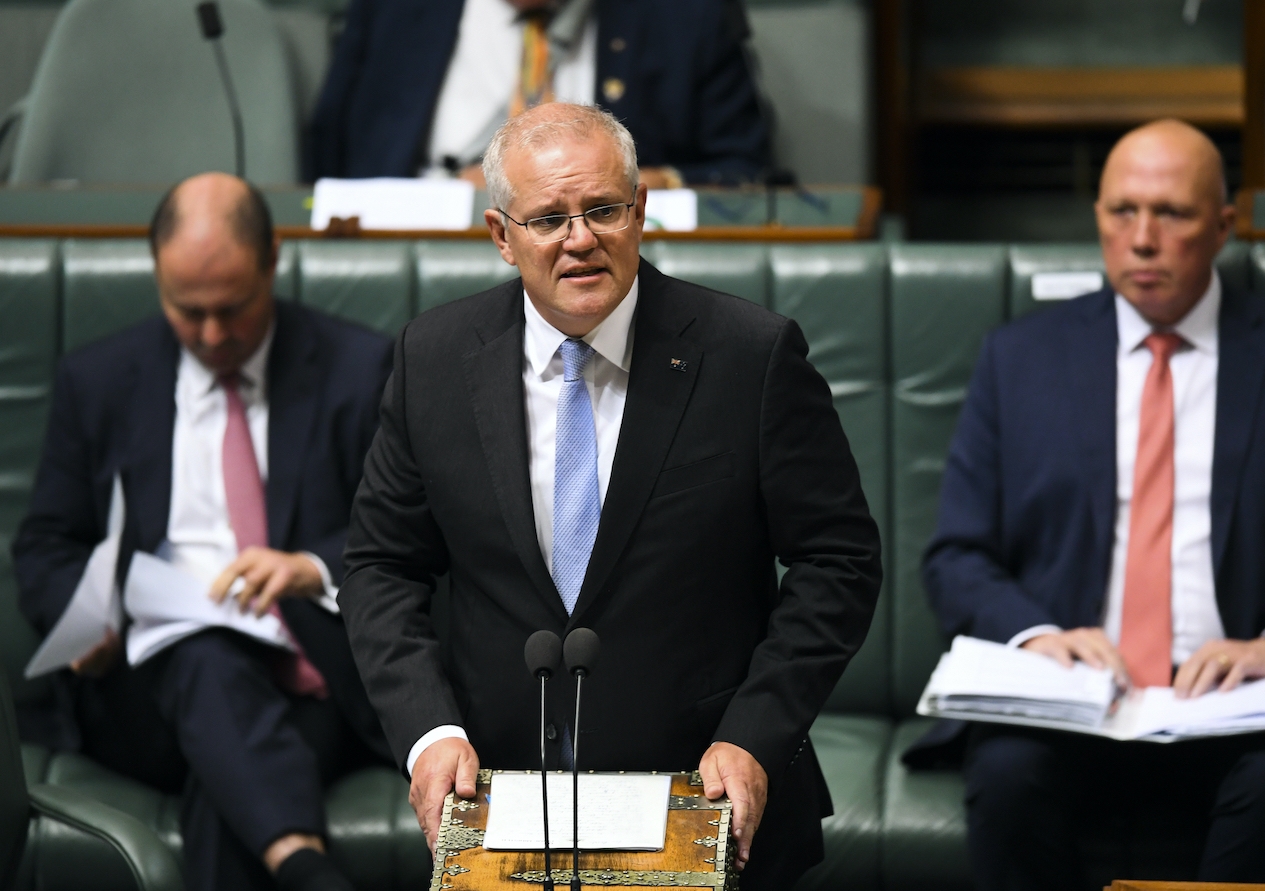Bad times call for bold measures: three ways to fix the appalling treatment of women in our national parliament
Our prime minister, and many other politicians, appear to not understand the problem with the treatment of women. Here are three problems and three solutions.


